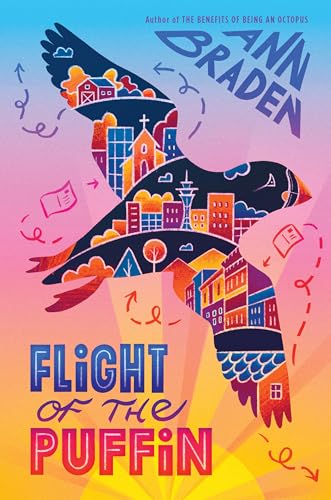 Well, well well. In trying to assemble a display set for Talk Like a Pirate Day I came upon Snarked by Roger Langridge. Yes, I know I am late and this Eisner award winning trilogy has been out for two years now but wow what a cool series. It is based on a Lewis Carroll poem called "The Walrus and the Carpenter" in which a walrus and a carpenter trick some oysters into accompanying them on a walk and then eat them and that oyster reference is a running gag throughout this series-on the very first page of the book we see the shack has a sign with the words 'room to let-oysters welcome" on it. Later on, the walrus is tracked down due to the smell of "oyster moustache"
Well, well well. In trying to assemble a display set for Talk Like a Pirate Day I came upon Snarked by Roger Langridge. Yes, I know I am late and this Eisner award winning trilogy has been out for two years now but wow what a cool series. It is based on a Lewis Carroll poem called "The Walrus and the Carpenter" in which a walrus and a carpenter trick some oysters into accompanying them on a walk and then eat them and that oyster reference is a running gag throughout this series-on the very first page of the book we see the shack has a sign with the words 'room to let-oysters welcome" on it. Later on, the walrus is tracked down due to the smell of "oyster moustache"The main character, a walrus called Wilburforce J. Walrus is an animal of leisure (he rises at four in the afternoon) and on one particular day he reads that the king is away on a trip so he inveigles Clyde McDunk a slow-witted but faithful sidekick to go to the palace with the aim of procuring food. Thus begins a saga where the feisty eight year old princess Scarlett solicits the walrus' help in rescuing the king after we learn that the three mean advisers have spirited him away on Snark island.
We meet some cool characters in the book and though there is a bit of violence in some scenes it is mostly comedic in nature. There are so many literary references in this book that it is hard to name them all. Lewis Carroll seems to be a major influence what with a Cheshire cat, a Mad hatter and a mean man-hunting Gryphon making appearance; there is a butcher and a baker, a White Knight with a horse called Rocinante, and the voyage that the characters undertake reminded me of the Canterbury Tales and their voyage to find the snark bore echoes of the dwarfs from the Hobbit travelling to find Smaug (the Snark turns out to be very similar).
As I sat down and reflected on the ending of the book my take on it was that true friendship is golden and should be treasured, and that childhood memories are good to hold on to even as adults when we become more wise to the ways of the world and perhaps more cynical. The Walrus certainly grows as a person due to his adventures and by the end of the book he is still a rogue but he is less of a rogue than he was at the book's onset if that makes sense. The White Knight has a great quote near the end of the book: "when you get to be my age you come to realize that our generation's job is to get the next generation into a position where they can make their own decisions" Amen to that.

No comments:
Post a Comment